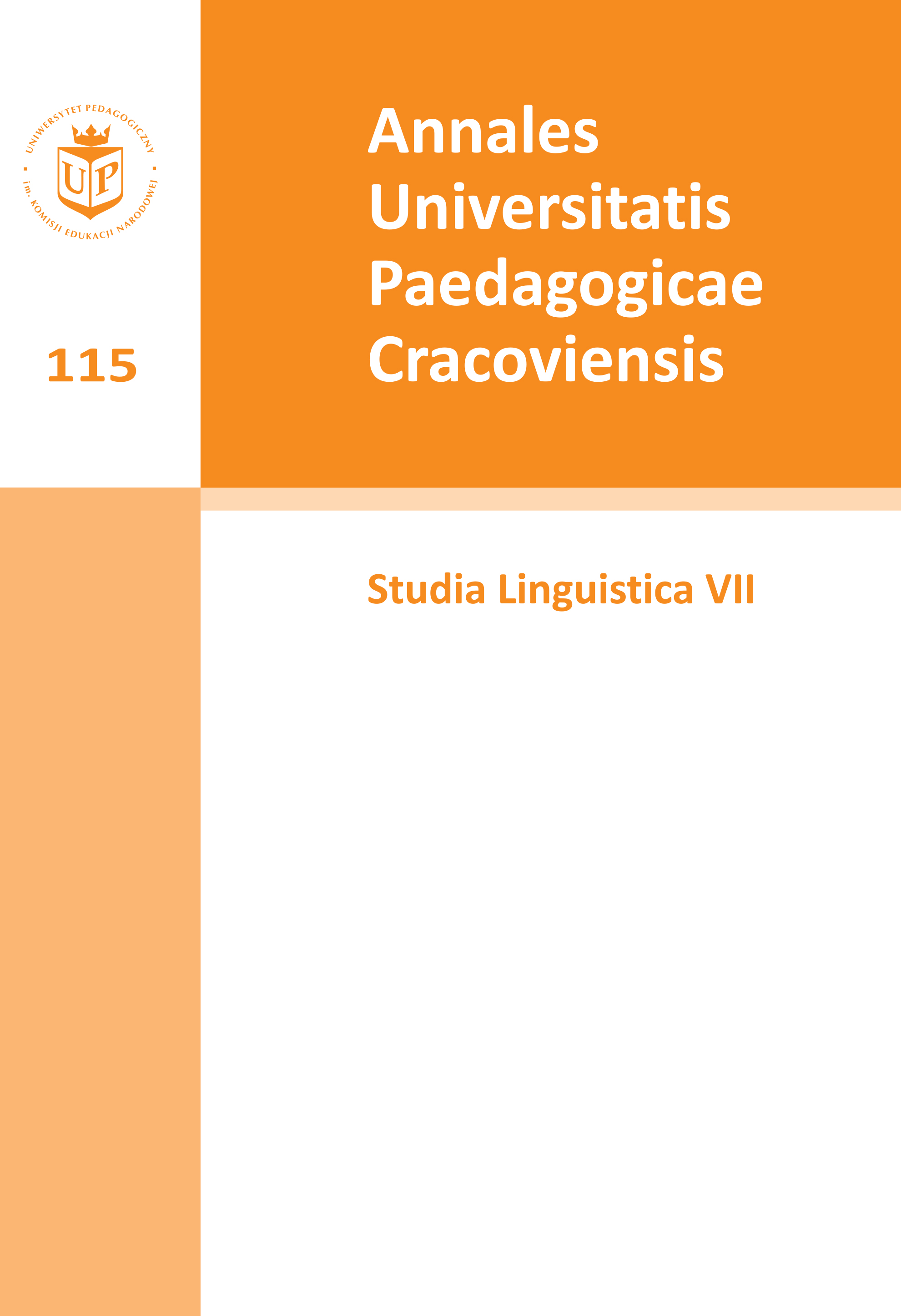Obraz polskiej tożsamości w literaturze najmłodszej po 1989 roku (próba opisu z perspektywy postkolonialnej)
Main Article Content
Abstract
The starting point of the article is the assumption that the interpretation of the postcolonial theory in post-1989 Poland is exceptional, very different from the one dominant in the West. The specificity of “the Polish postcolonial model” consists in that it combines both a sense of superiority towards our Eastern neighbours and a sense of inferiority towards Western cultures. This duality offers an interesting framework for the interpretation of works by writers who made their debut in post-communist Poland. The novel Lubiewo by Michał Witkowski potrays the gay culture in the Polish People’s Republic (PRL), idealizing it and using clichés taken from adventure novels. In Piotr Czerski’s Ojciec odchodzi (Father Is Leaving) we find a description of the state of Polish Catholicism which is superficial and offers nothing to counterbalance the Western ideology. Dominika Ożarowska’s debut Nie uderzy żaden piorun (No Thunder Will Strike) presents a generation growing in the Polish People’s Republic (PRL), who, coming of age, declare the lack of ideological values and refuse to engage in anything. In the works by Witkowski and Czerski the world is shown from the post-1989 perspective, while Ożarowska’s book is an interesting attempt to go beyond time limitations.
Downloads
Article Details
Author, submitting a text to the editorial board of the journal “Annales Universitatis Paedagogicae Cracoviensis. Studia Linguistica", certifies that the content of the article has not been published so far and that the work does not violate in any way the copyright or related rights of other person, as well as other rights of third parties, and that no one's rights to the work (or any part thereof) have been missed. After signing the contract, the property rights to the published materials are transferred to the Scientific Publisher of the University of the National Education Commission, Krakow.
“Annales Universitatis Paedagogicae Cracoviensis. Studia Linguistica” is an open access journal, and all its content is made available free of charge to users and institutions under the Creative Commons CC-BY-NC-ND 4.0 license (attribution, non-commercial use, no derivative works). Under this license, the authors agree that their work may be lawfully reused for any purpose, except for commercial purposes, without the prior consent of the author or publisher. Everyone can read, download, copy, print, distribute and process these works, provided that the author's marking and the original publication place are correct. Published texts may not be used to create derivative works (e.g. to translate and publish in another language without the consent of the publisher). This is in line with the BOAI (Budapest Open Access Initiative) definition. "Studia Linguistica" does not charge for submitting or processing articles.
